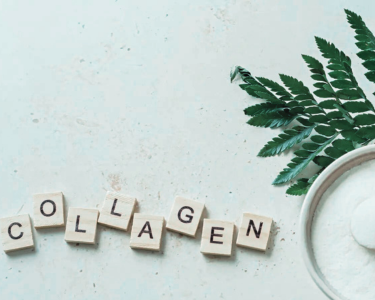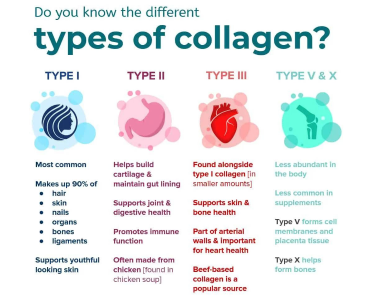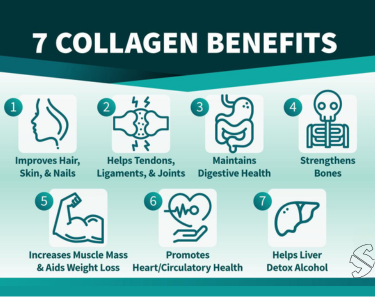5 Proven Strategies to Boost Collagen for Youthful Skin and Hair
Collagen is the most abundant protein in the body, making up connective tissues like skin, hair, nails, bones, and cartilage. As we age, collagen production declines, leading to wrinkles, joint pain, and other issues. However, there are several ways to boost collagen levels and reap its many benefits.

One key nutrient for collagen production is vitamin C. Without enough vitamin C, the body cannot properly form and metabolize collagen. Good sources of vitamin C include citrus fruits, berries, bell peppers, and leafy greens. If using a supplement, look for a natural version that includes flavonoids and other cofactors.
Another important factor is copper, which is essential for the enzymes involved in collagen synthesis. Copper helps maintain the structural integrity of connective tissues. Some of the best dietary sources are liver, oysters, shiitake mushrooms, and sesame seeds. Avoid taking high doses of zinc supplements long-term, as excess zinc can deplete copper.

Proper digestion is also critical for collagen absorption. The stomach needs sufficient acid to break down collagen and other proteins into usable forms. With age, stomach acid often declines. Taking a betaine HCl supplement or apple cider vinegar with meals can aid digestion. Those with low stomach acid may have symptoms like gas, acid reflux, and nutrient deficiencies.
In summary, the action points for boosting collagen are:
- Eat vitamin C-rich foods and consider a natural supplement
- Consume copper sources like liver, shellfish, and sesame
- Support digestion with betaine HCl or apple cider vinegar
- Avoid excess zinc supplementation
- Be patient, as it takes time to rebuild collagen

The benefits are well worth the effort – increasing collagen can lead to smoother skin, thicker hair, stronger nails, better joint health, and more. For a vibrant, youthful body, make collagen support a priority.





 Previous Post
Previous Post Next Post
Next Post